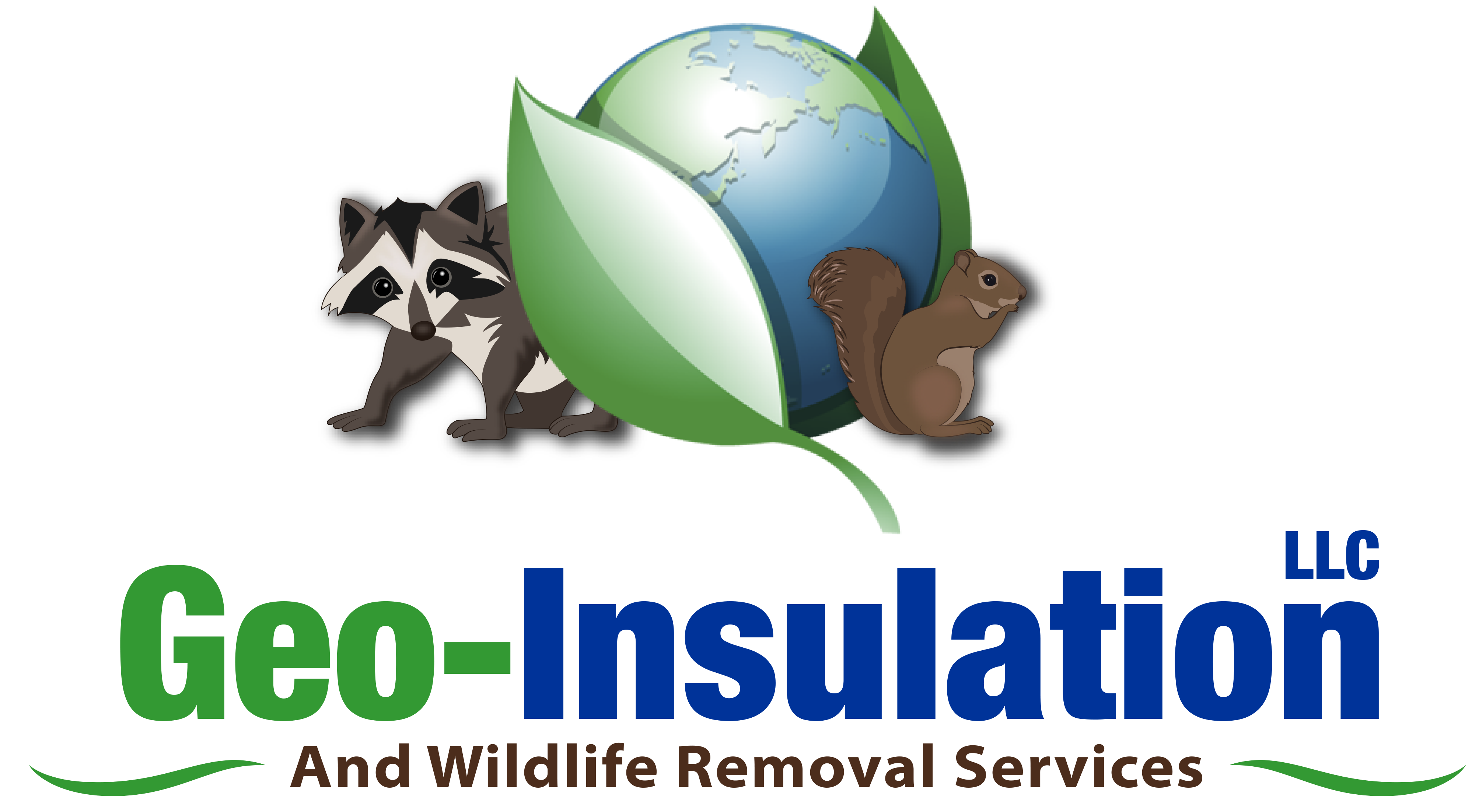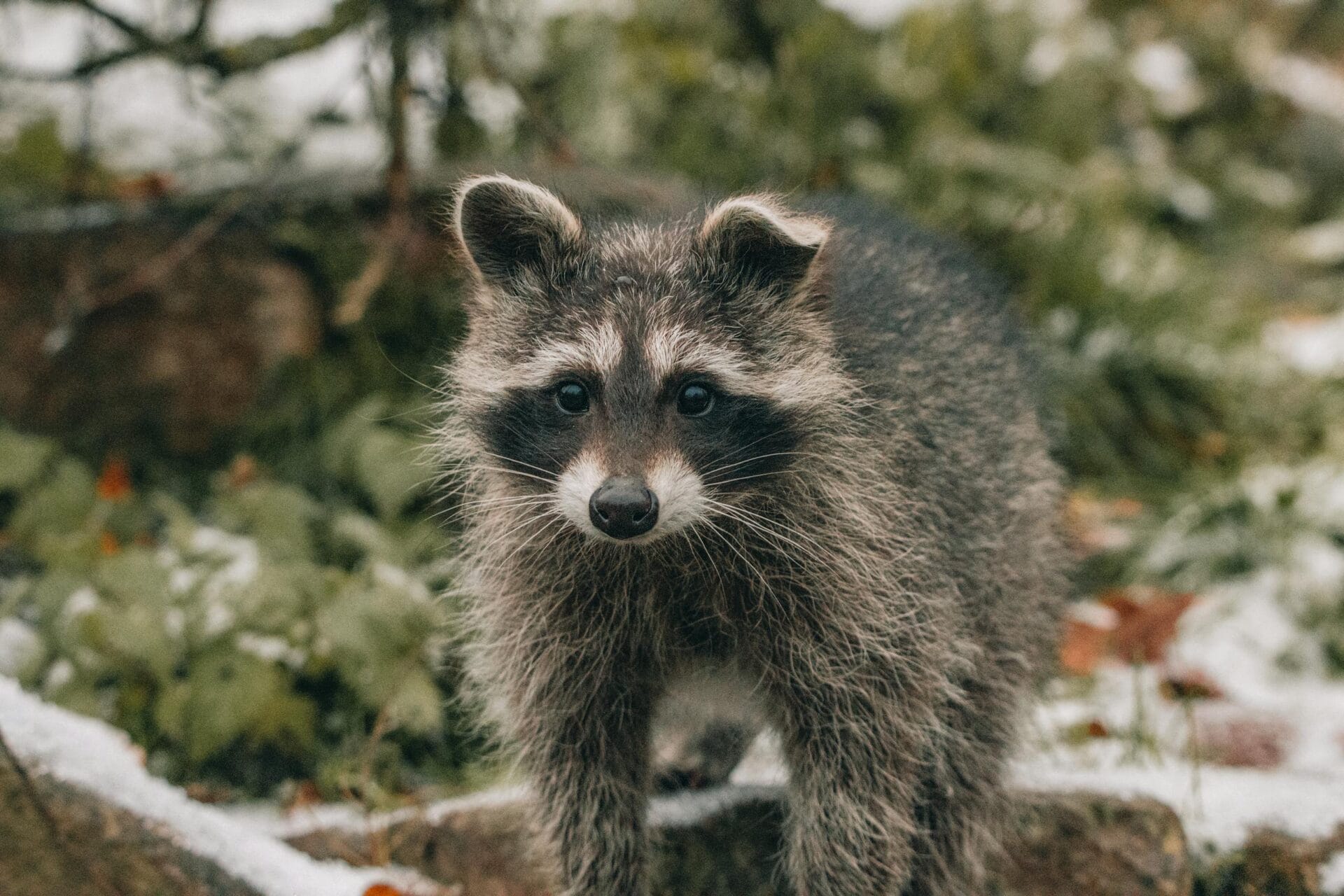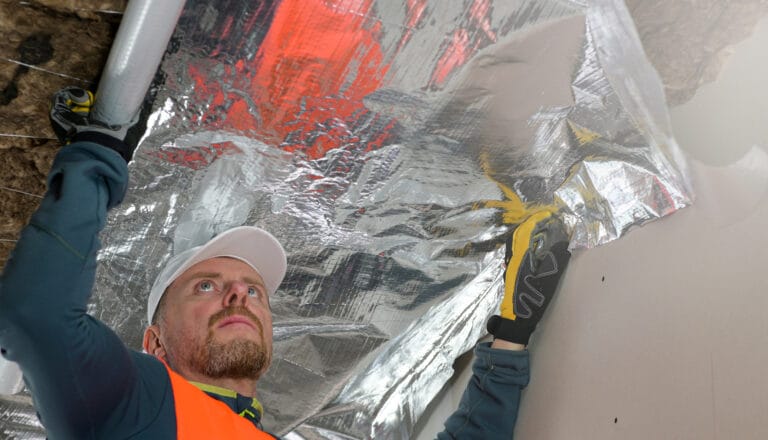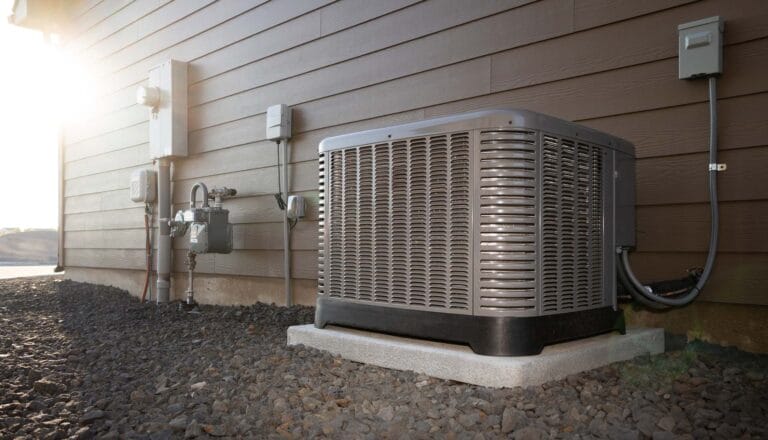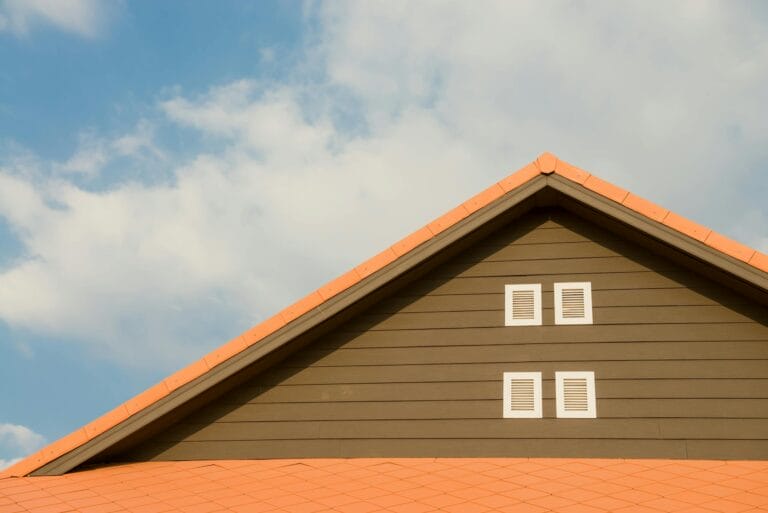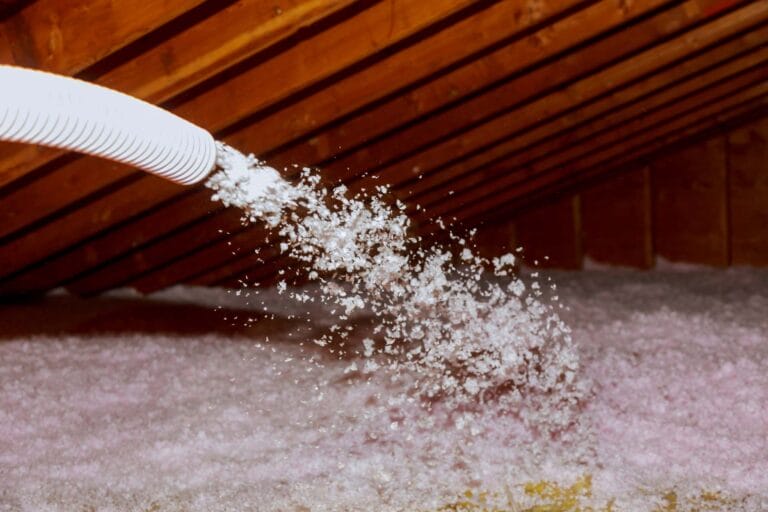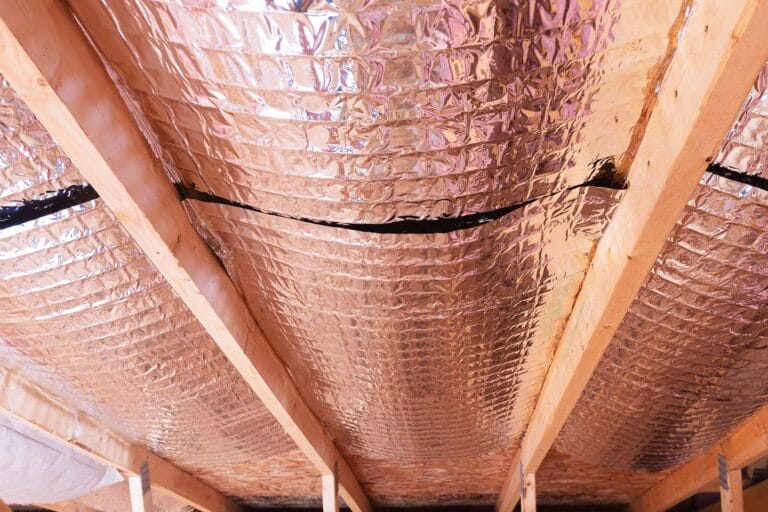Wildlife Control & Insulation: Protect Your Home from Pests
As homeowners, we invest a lot in creating comfortable living spaces. However, even the best homes can fall victim to unwanted guests, such as rodents and insects.
Insulation is an effective strategy for preventing wildlife and pests from infesting your house. It protects your property and your peace of mind.
Understanding the Connection Between Insulation and Wildlife Control
Many pests find attics and walls appealing because they offer warmth and shelter. If your insulation is not properly installed or maintained, it can become a gateway for these unwelcome guests.
Using insulation for wildlife control focuses on preventing animal infestations by using materials and methods that deter pests. Insulating your home is not just about energy efficiency. It’s also about protecting your property from potential damage caused by animals.
Benefits of Wildlife Control Insulation
There are many advantages to wildlife control with insulation, including:
- Animal infestation prevention: Proper insulation is a barrier that can deter pests from entering your home. Many animals, such as rodents, raccoons, and bats, are drawn to unsealed spaces where they can nest. Insulating these areas effectively reduces the chances of an infestation, saving you from costly repairs and damages caused by animals chewing through wires or nesting in insulation.
- Enhanced energy efficiency: Insulation that includes wildlife control features can help maintain comfortable temperatures in your home. By keeping pests out, you reduce the risk of air leaks that could lead to higher energy bills.
- Improved indoor air quality: Pests carry contaminants that can affect the air quality in your home. What’s worse, animals can carry allergens, bacteria, and diseases that may harm your family. Keeping pests out with the right insulation can help you breathe easier and enjoy a healthier living environment.
- Long-lasting protection: When installed correctly, insulation can provide enduring protection against infestations. You can rest easy knowing your home is safe for years. In addition to peace of mind, many types of insulation come with warranties that cover damage from pest infestations, which ensures your investment is protected.
Key Considerations for Wildlife Control Insulation
Before installing insulation, here are the top things you have to bear in mind:
- Professional assessment: Start with a professional evaluation of your current insulation and any signs of wildlife intrusion. This will help identify vulnerable areas that need attention. An expert can check for gaps and potential entry points and provide a thorough inspection of your attic, walls, and crawl spaces.
- Proper installation: Openings or poorly sealed areas can provide access for pests. So, insulation must be installed correctly to maximize its effectiveness. A professional installer can ensure that insulation is packed tightly into cavities and that no spaces are left exposed.
Steps to Safeguard Your Home
In addition to insulation, you can also follow these tips to protect your home from pests.
- Inspect your home regularly: Check for signs of animal intrusion, such as droppings or chewed materials. Early detection is key to preventing larger infestations. If you notice signs of pests, act quickly to mitigate the problem before it escalates.
- Seal entry points: Look for and board up gaps around windows, doors, and vents. Pests can enter through surprisingly small openings, so it’s crucial to block potential entry points. Use caulk, expanding foam, or mesh screens to close these vulnerabilities.
- Choose the right insulation: Opt for insulation that includes pest-proofing features. Loose-fill insulation, for example, can be treated to resist rodents and insects. Additionally, consider using rigid foam insulation in areas prone to wildlife intrusion, as it is less likely to be chewed through.
- Maintain your attic: Keep your attic clean and free of debris. A clutter-free attic is less inviting for animals looking for nesting spots. Regularly check for signs of moisture, too, as damp areas can attract pests. Installing a vapor barrier can help keep moisture levels down.
Importance of Seasonal Inspections
Seasons change, and so does pest behavior. For instance, as winter approaches, rodents seek warm shelter. So, it’s essential to check your home for gaps and potential entry points before the cold season begins.
Performing seasonal checks like this can save you from emergency repairs and ensure your home remains a haven rather than a pest magnet. In addition, regular inspections of your insulation and property can prevent potential issues before they develop into bigger problems.
You can take a proactive step by installing wildlife control insulation. It’s a smart investment in your home’s safety and comfort, which ensures you can enjoy your space without worrying about pests. In other words, it protects your house from unwanted guests.
Geo-Insulation of Alabama specializes in installing effective insulation that improves energy efficiency and keeps pests at bay. Our team provides reliable solutions in wildlife control insulation, including assessing your home’s unique needs and developing tailored solutions.
